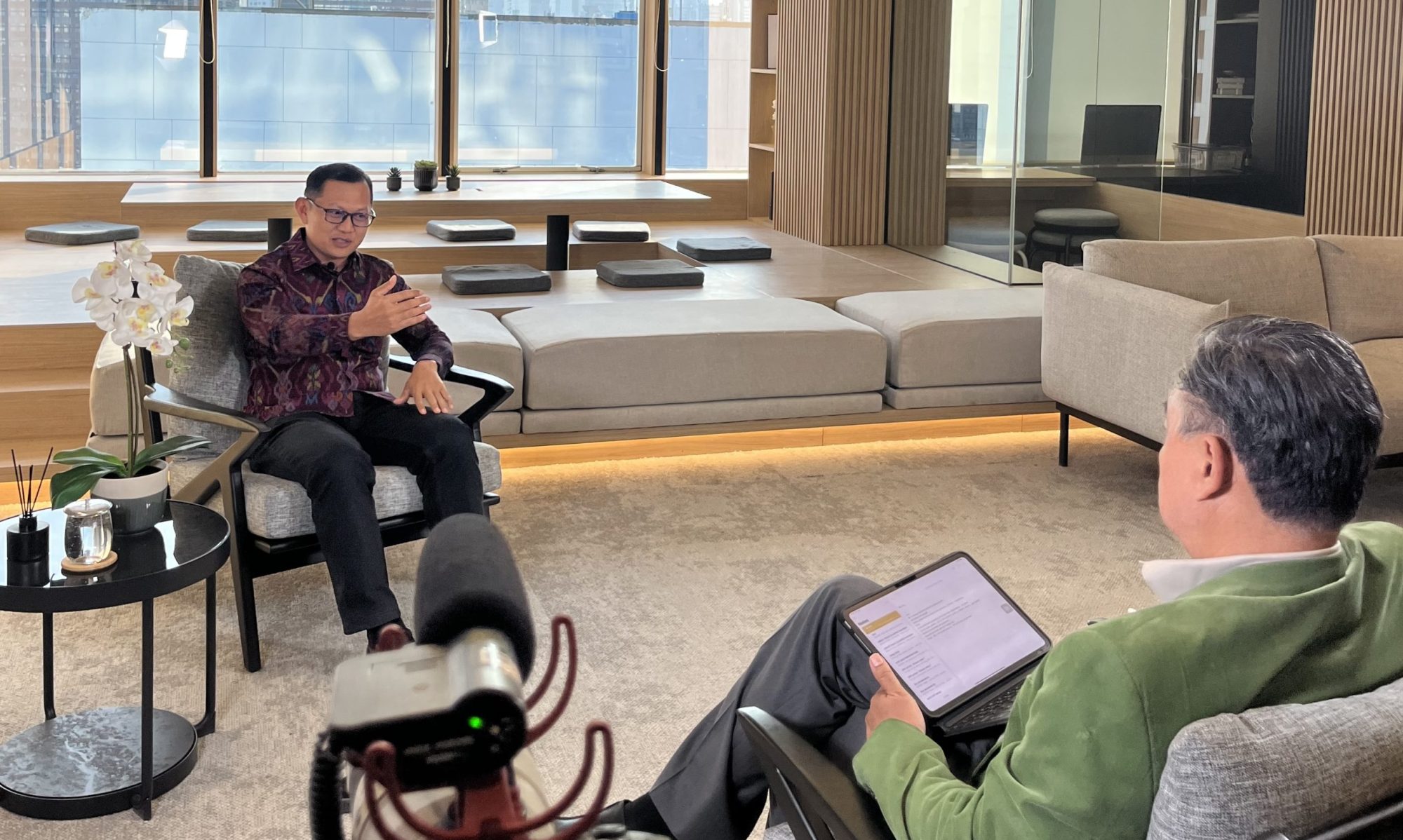These days, we are witnessing various conflicts. Some people protest and take to the streets. Others grumble on social media. Their protests are directed at state organizers who are deemed incompetent. On the other hand, a significant portion of the population fiercely defends these state organizers. These defenders firmly believe and are ready to testify that the very officials being ridiculed by some are, in fact, good people—saviors of their lives.
Of course, we must not forget that amidst all this commotion, there are others who live their lives peacefully and comfortably. They remain unaffected by the clamor of a world that, according to many, moves like a roller coaster. Interestingly, these peaceful individuals are not necessarily indifferent—they simply do not feel or perceive anything unusual. In this era, it is entirely possible for people to live within the bubble of their own reality. Alone in a crowd, drowning in an endless flood of information that paradoxically unites and isolates.
It is not easy to determine or believe who is right and who is wrong in this grand dispute—if it even exists. As we suspect, some might even argue, “There is no problem at all.” These differences in perspective and personal bubbles only add to the complexity of the situation. Let alone resolving the issue, even agreeing that there is an issue in the first place is already a challenge.
Regardless, perhaps we should acknowledge that a segment of the population perceives some state organizers as problematic. Let’s set aside the question of right or wrong for now—this phenomenon is undeniable. What’s interesting is that state organizers are no different from the people they govern. Some declare with absolute certainty that there is no issue at all. Others go as far as boldly proclaiming that those who see problems are, in fact, the real problem—deluded and misguided.
It seems we have been locked in conflict for far too long. In a democracy like Indonesia, where elections dominate the political landscape, the nation is often trapped in an endless rivalry. Supporters of Candidate A, supporters of Candidate B, Camp C, Camp D, and so on. What’s striking is that some are swept into a singular mindset: Those who oppose me are my enemies. Those who oppose my enemy are my friends. And those who befriend my enemy are my enemies too.
This adversarial mindset erodes the value and sincerity of criticism, advice, and constructive input. Among the people, it is not uncommon for criticism of state officials to stem not from their poor performance but simply because they were not the chosen candidate in the last election.
Likewise, a citizen may reject another citizen’s opinion on governance not because the idea is flawed but simply because they supported a different candidate in the previous democratic contest. Conversely, an intellectually capable individual may choose to remain silent in the face of blatant wrongdoing—solely because the wrongdoers belong to their own community. Some have lost their critical thinking skills, their ideals crushed under the weight of personal interests.
State organizers are no different. The voices of the people, regardless of their form, are often dismissed as mere noise from the opposition—political chatter that need not be heeded. Unsurprisingly, these voices are frequently categorized as those of political rivals, whose words are meant only to be countered and resisted. In turn, state organizers become preoccupied with crafting defenses and counterattacks rather than listening to substance and making necessary corrections.
What follows is a swift maneuver to recruit public figures—loud voices with bright spotlights—to act as defenders and providers of justification. We seem to live in an era where differing opinions are seen as competitors’ propaganda—something to be drowned out by the orchestrated clamor of influencers and echo chambers.
Now, let us return to the beginning of this story. It is not easy to determine who is right and who is wrong. Those accused of wrongdoing or of colluding with injustice could very well be us. The so-called culprits in this narrative of moral decay might, in fact, bear our names.
So, when some of us observe the uproar, the noisy clashing of opinions, perhaps we should also glance at those who continue to live in peace, untouched by controversy. Conversely, when we feel convinced that everything is fine, that there is no issue at all, perhaps we should pause and ask ourselves: Which bubble are we living in?
Let’s take a look in the mirror.
I Made Andi Arsana
